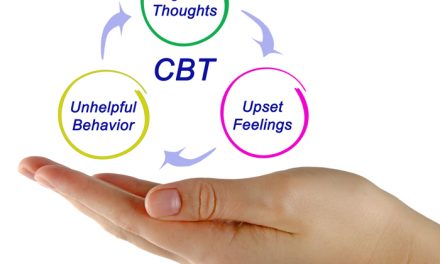Timeouts play a big role in many sports—and they can play a big role in your recovery as well.
A Tale of Timeouts
In a 2020 football game between the University of Iowa Hawkeyes and the University of Minnesota Golden Gophers, the head coach of the Gophers took a timeout with 19 seconds left in the game. That might not have been unusual had the game been close. But Minnesota, the home team, was down by a number of touchdowns at the time. No matter what happened in those last 19 seconds, the result of the game was already determined.
It appeared that the Hawkeye head coach was not pleased by his opponent’s strategy. He promptly called three consecutive timeouts of his own. And then the game ended and the Hawkeyes claimed the game trophy—a bronze pig known as Floyd of Rosedale.
In the postgame press conference, the Iowa coach was a bit cheeky about his use of the timeouts.
“They called a timeout to look at what we were doing to reconsider,” he said. “So, we just wanted to make sure we had a good look at what they were doing. No sense taking (the timeouts) on the bus, right?…Figured we’d take Floyd with us and leave the timeouts here.”
That little bit of snark actually offers up an important lesson for folks in recovery from a substance use disorder: There is no sense in letting the opportunity to take a timeout go to waste.
Taking Timeouts is Terrific
In sports, a timeout gives a team time to regroup when things are going badly, time for the players to catch their breath, time to come up with a specific play for a crucial moment, or some combination of those things. Timeouts in your day-to-day life can serve similar purposes and help you protect your sobriety.
Your personal timeouts are the various breaks you take to support your physical and mental health—and support your sobriety by extension.
Those breaks include taking time to reset and recharge at work. That might mean taking a quick walk between big tasks. It might mean making a concerted effort to avoid eating lunch at your desk. It might mean taking a few minutes to do a mindfulness exercise. It might mean turning off your notifications so you don’t spend your evenings and weekends checking and answering your email.
And of course, it might mean taking an actual vacation.
These “timeouts” are a good way to avoid burnout—which is an enemy of sobriety.
Timeouts Can Be Fun
Similarly, making time for an engaging hobby is another way to take advantage of personal timeouts. As busy as we all are, it can feel as though hobbies are a waste of time. But the opposite is actually true.
Your hobby—no matter what it is (as long as it does not involve drugs or alcohol)—is a powerful form of the timeout. When you focus on something you truly enjoy, you give your mind and body a chance to release stress. This is essential because stress is no friend of sobriety.
Our advice is that you should mark out time for your hobby in your calendar. It is just as important as anything else you put in your daily, weekly, and monthly plans. Once it is on your calendar, it can be easier to think of it as a vital part of your schedule.
Sleep is an Exceptional Kind of Timeout
Given the importance of sleep to our overall well-being (and to ongoing recovery), we tend to be mighty cavalier about it. We stay up too late, we consume caffeine too late in the day, we let our screens disrupt our rest, we toss and turn without a strategy for shutting down.
Creating and maintaining a set of wind-down rituals can make a huge difference when it comes to getting regular, restful sleep. Setting a bedtime (and waking time), avoiding caffeine in the afternoon and evening, powering down the screens a couple of hours before bed, and using white noise, sleep stories, or quiet music to limit the tossing and turning are all excellent and effective strategies.
Call a Timeout to Take Back Your Sobriety
When you are struggling with drugs or alcohol, you are like a team that is clearly overmatched by its opponent. If you keep playing the way you are playing, you are going to lose. It is really as simple as that.
So the most important thing you can do is call a timeout. That means stepping away from your day-to-day life to pursue residential treatment. The highly skilled and empathetic staff at The Aviary Recovery Center might be thought of as the coaches who can help you turn the game around. Located near St. Louis, Missouri, The Aviary Recovery Center offers medically supervised detoxification, a robust rehabilitation program that can also address any co-occurring mental health disorders, and a continuum of care to ensure you can start your recovery journey with confidence.
Take a timeout for treatment. We will help you get back in the game.










